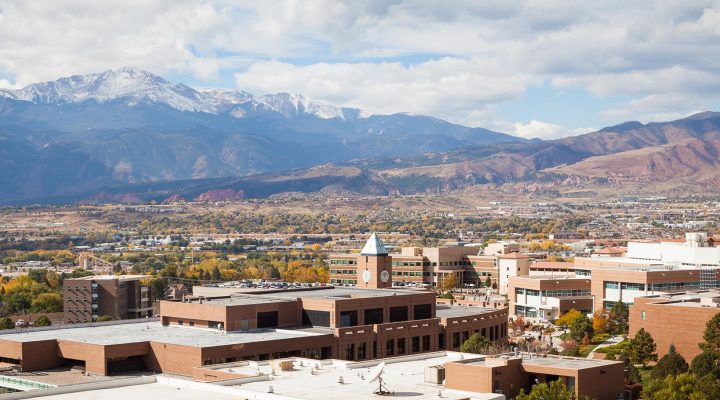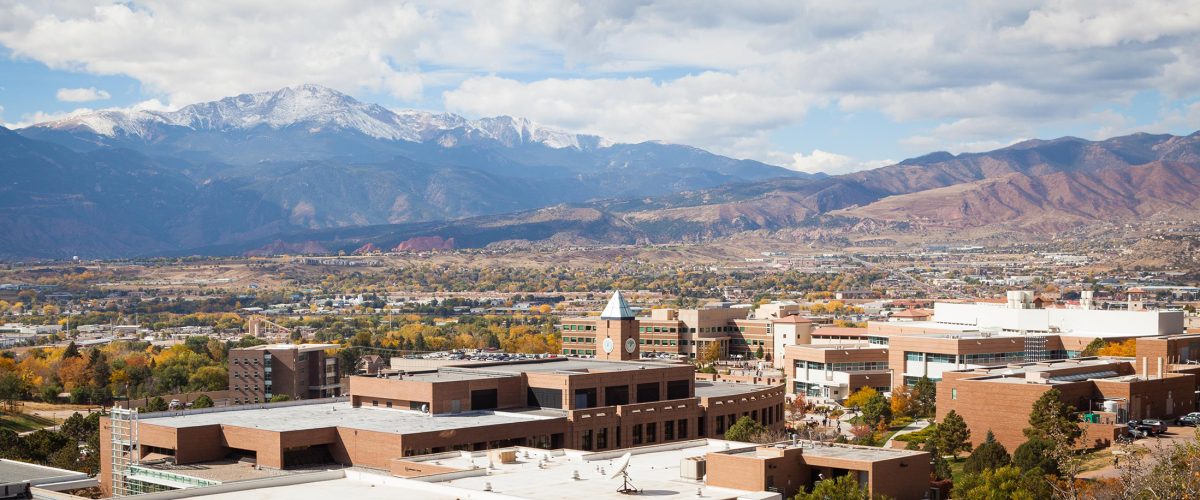Professors who believed Colorado Springs — home to dozens of national and international evangelical parachurch ministries — should help people better understand evangelicalism finally got their wish.
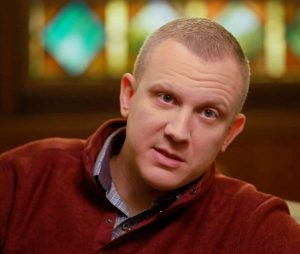
Tim Alberta on “CBS Sunday Morning.” (Video screen cap)
The Center for the Study of Evangelicalism at the University of Colorado Colorado Springs began its work this fall and makes its public debut Wednesday with a talk by Tim Alberta, author of the bestselling book The Kingdom, the Power, and the Glory: American Evangelicals in an Age of Extremism.
The event’s 742 tickets are nearly gone, but the center plans to post Alberta’s talk on YouTube by the end of the week and plans an April event with Sarah McCammon, national political correspondent for NPR and author of The Exvangelicals: Loving, Living, and Leaving the White Evangelical Church.
The choice of Alberta was strategic. For one thing, he bears no grudges. He’s a pastor’s son and practicing Christian whose critique of the politicization of evangelicalism springs from love and heartbreak, not anger or hate. For another, he’s an award-winning journalist who can speak to both academic and general audiences.
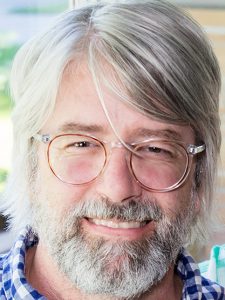
Jeffrey Scholes
“We want the center to be a hub not only for academic research but also for community engagement,” said Jeffrey Scholes, associate professor of religious studies in UCCS’s Department of Philosophy and author of Christianity, Race, and Sport.
Scholes, 52, was raised Episcopalian in Dallas, experiencing high church “smells and bells” on Sundays and participating in Bible studies with evangelicals during the week. He was “a very fervent believer” before losing his faith in his mid-20s. He’s a graduate of Baylor University and Princeton Theological Seminary and has taught at UCCS for 16 years.
Scholes has hosted Focus on the Family President Jim Daly in his classes at UCCS for more than a decade, and student groups have visited Focus and nearby megachurch New Life Church.
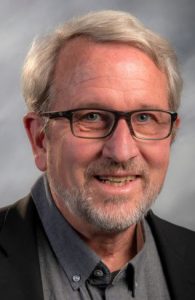
Paul Harvey
When Scholes and UCCS history professor Paul Harvey applied for a grant, the Henry Luce Foundation awarded them $300,000. Harvey, who was raised Southern Baptist in Oklahoma, has written a dozen books, including the acclaimed study Bounds of Their Habitation: Race and Religion in American History. He’s been at UCCS 26 years.
The last evangelical study center closed shop a decade ago. Mark Noll and George Marsden, two Wheaton College graduates who emerged as leading church historians, had launched Wheaton’s Institute for the Study of American Evangelicals in 1982.
Noll and Marsden then served as advisers to Baylor’s Evangelical Studies Program. But Scholes and Harvey are excited about the prospects of a center that’s housed by a public university. The Springs branch of the University of Colorado was founded in 1965 and now has 11,000 students. George Bayuga, UCCS assistant professor of anthropology, helps lead the center.
Colorado Springs once was called “the Wheaton of the West,” but now it’s more like Wheaton is the Colorado Springs of the Midwest. Compassion International, Young Life and the Navigators — the Springs’ three biggest international parachurch groups — have been here for decades and now bring in more than $1.5 billion in combined annual revenue.
Dozens more ministries arrived in the area in the 1980s and 1990s, including Focus on the Family, David C. Cook, Association of Christian Schools International, and Andrew Wommack Ministries and Caris Bible College in nearby Woodland Park.
Wheaton’s center began at a time when American evangelicals identified with Billy Graham and prioritized evangelism. Scholes notes UCCS’s center comes online at a time when 80% or more of American evangelicals plan to vote for Donald Trump for the third presidential election in a row.
Scholes says the times demand a center that can help scholars and others understand both evangelicalism’s dwindling numbers and its growing political power.
“81% of white evangelicals voted for Trump in 2020, which is more than supported Bush” in 2000 and 2004, he said. “Evangelicals’ votes have changed the course of the nation. Absent that fact, I’m not sure you could generate interest in a center to study evangelicals’ beliefs as well as their political influence.”
He says there’s no better place for such a center than Colorado Springs “which, for better or worse, is a culture production hub for evangelicalism.”
Related articles:
Yemi Mobolade is ‘mayor for all people,’ not only Christians in Colorado Springs
Residents of Colorado town will highlight Christian nationalism after Wommack’s takeover
A Colorado city fights back against the prosperity preacher trying to ‘take over’ their town
Colorado Springs clergy speak out against religious hate speech that leads to violence

